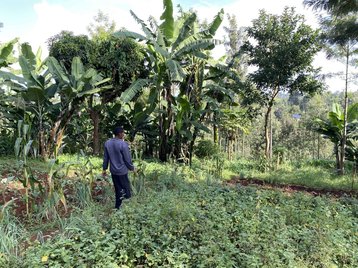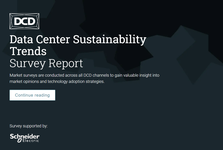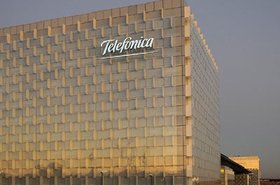Microsoft is paying climate finance firm Catona for 350,000 tonnes of carbon removal credits from an agroforestry project in Kenya.
The Lake Victoria Watershed Agroforestry Project in Homa Bay, Kenya will deliver the credits in the next six years. It is financed by Catona and run by Trees for the Future; a 30-year-old global agroforestry organization based in Maryland USA.
Agroforestry is a land use management system where trees or shrubs are grown around or among crops or pastureland.
The Lake Victoria project works with 15,000 local smallholders to develop "forest gardens" on their land. These are a multi-tier mix of trees, shrubs, and crops that produce yields without fertilizers or pesticides, and conserve the soil and forest.
Microsoft has previously bought carbon credits from a wide range of carbon removal projects as it strives to become carbon-negative by 2030.
Most recently, it signed a deal with Switzerland-based Neustark to store 27,600 tons of carbon dioxide in waste concrete. Previously, it has paid for reforestation in the US, biochar in Bolivia and Virginia, and capture onto sheets of calcium oxide by Heirloom. It has also paid for direct air capture by Climeworks in Iceland, and Carbon Capture in Wyoming.
"Catona has been instrumental in helping us finance, design, and implement this groundbreaking community-driven project, and I'm thrilled to have a climate leader like Microsoft involved as well," said Tim McLellan, Trees for the Future CEO.
Trees for the Future was founded in 1989 and has planted 250 million trees over the world. After working in Haiti, Latin America, South America, and Southeast Asia, it has focused on African countries since 2014, arguing that the challenges and potential results are greatest in Africa.
"There is no path to meeting Paris Agreement targets that doesn't involve carbon removals," said Rob Lee, Catona Climate's chief carbon officer. "Our job is to source, vet, design, finance, monitor, and measure the projects that will allow companies like Microsoft to achieve their climate goals, so we can all look forward to a sustainable future."







